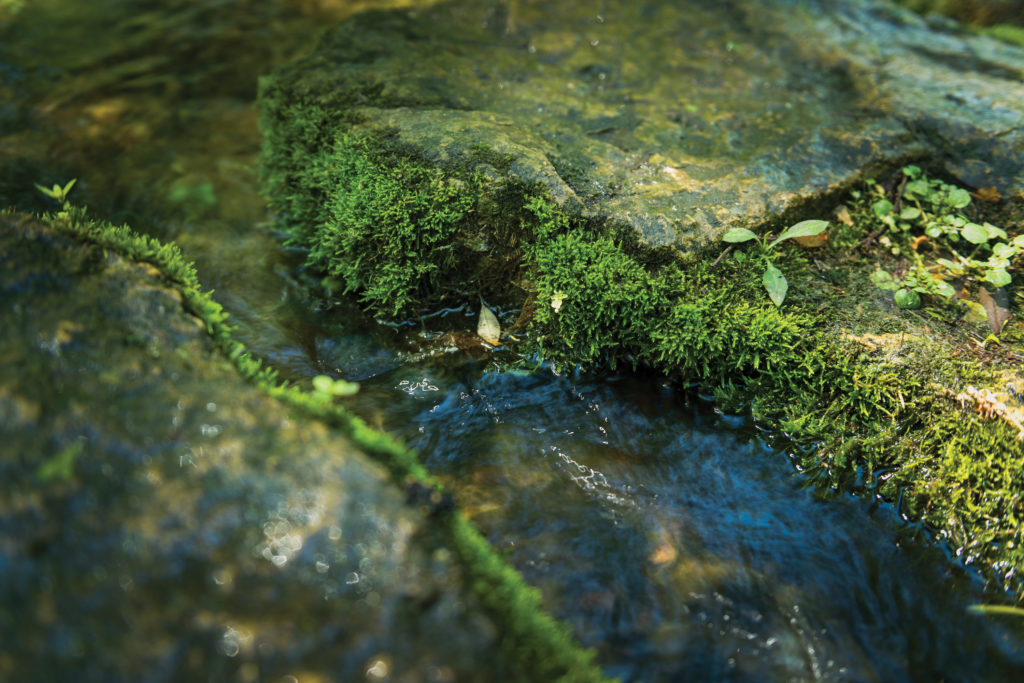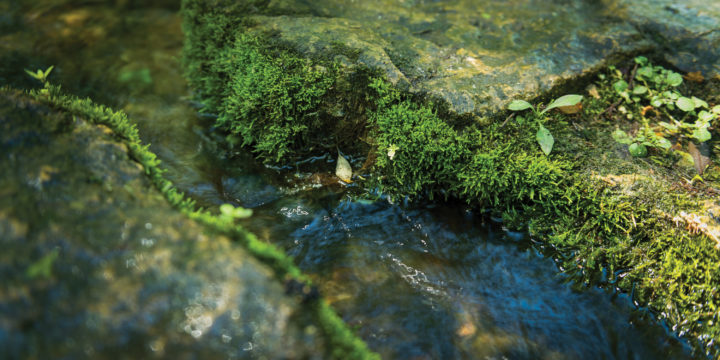
July 1, 2024
By Moira Harrington
Wisconsin has about 1.2 million billion gallons of water underground. If it were above ground, it would submerge the state in 100 feet of water. Simply because there is a lot of groundwater, however, does not mean that volume keeps it immune for challenges related to quantity and quality.
After a rigorous review, the University of Wisconsin Water Resources Institute selected two projects out of 15 that were submitted in a competition held last year. Those new projects got underway on July 1.
“We are so grateful to all of the researchers who submitted proposals to address Wisconsin groundwater challenges. Understanding problems is the first step in finding solutions, and we wish that we could have funded all of the submissions,” said Jennifer Hauxwell, WRI’s director of research. “The projects that we selected for funding this year will go a long way in understanding how surface waters and groundwater are connected as well as how geology interacts with groundwater and contaminants.”
Hauxwell shared these details:
- Steve Loheide is the lead researcher on a project that will quantify the impact of changing Great Lakes water levels on groundwater storage and flow patterns, lake-groundwater interactions, evapotranspiration and forest productivity to better understand how certain areas can vary in their sensitivity to Lake Michigan’s dynamic water levels. The work will focus in Door County, where ridge and swale topographical features create an ecosystem supporting a diverse plant community. Loheide is in the Department of Civil and Environmental Engineering at UW-Madison. His co-investigators are geology professor Evan Larson from UW-Platteville and UW-Madison graduate Dominick Ciruzzi, now in the geology department at William and Mary.
- In the second project, Matt Ginder-Vogel will explore the potential for release and transport of iron and manganese from rock within an aquifer underlying Cottage Grove, a village in Dane County. The site has been contaminated by a hydrocarbon spill. The spill could have triggered a release of the naturally occurring chemicals that compromise groundwater quality. Ginder-Vogel, a UW-Madison professor in environmental biogeochemistry water at UW-Madison.




